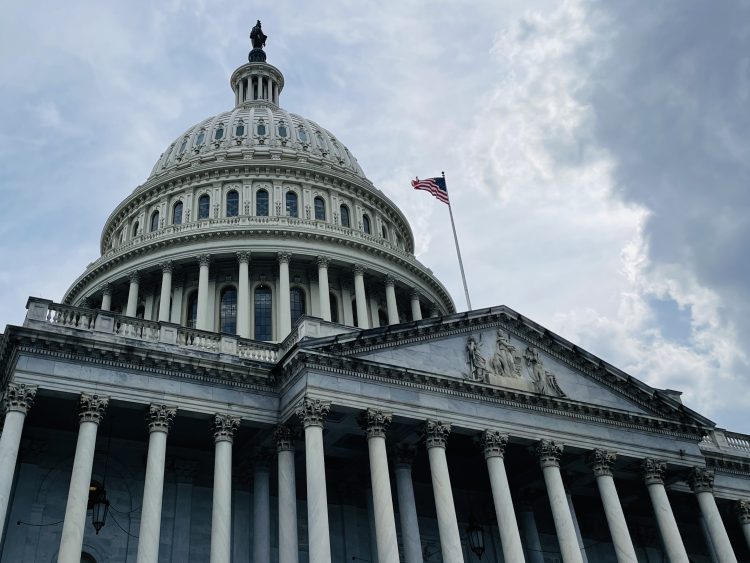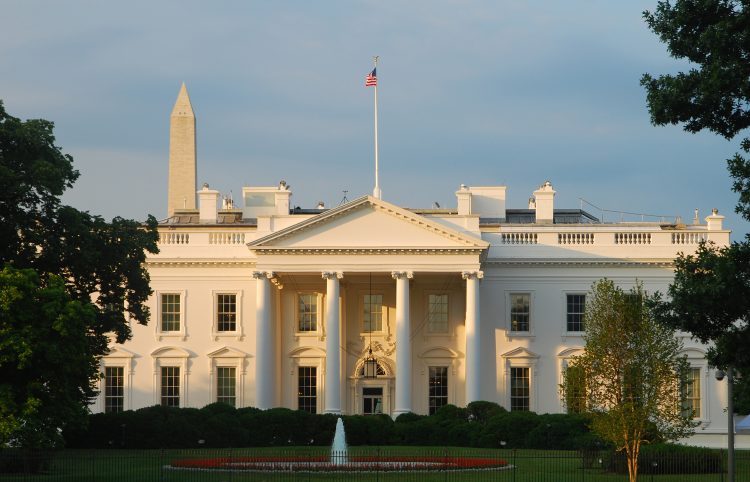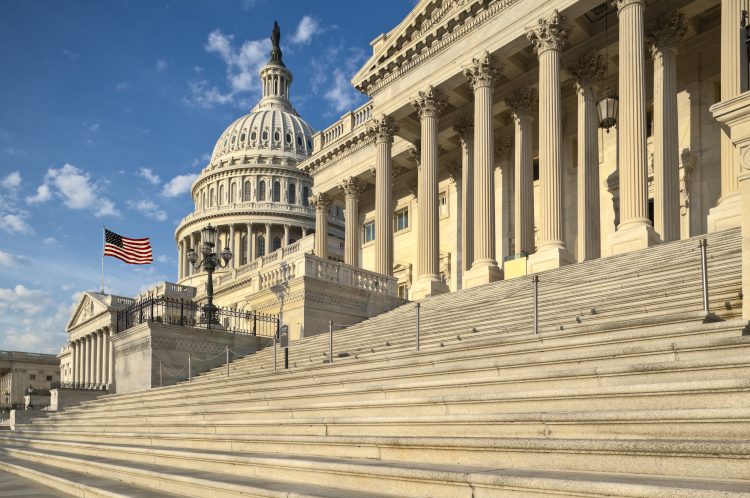This week on Facing the Future, we focused on healthcare spending in the United States. My guest was Josh Gordon, former Director of Health Policy at the Committee for a Responsible Federal Budget and former Policy Director at The Concord Coalition.
We began with Josh’s take on the most recent National Health Expenditures report, released in December by the Center for Medicare and Medicaid Services (CMS). The report highlighted faster cost growth in 2023 along with increased utilization and broader insurance coverage.
“There was really a dramatic increase in healthcare spending in 2023 when compared to 2022,” Gordon said. “But the big takeaway for me is that if you look at 2019, and you look at the end of 2023, healthcare spending as a share of the economy (GDP) is basically identical. It’s 17.6 percent at the end of 2023 compared to 17.5 percent at the end of 2019. So through all of the chaos and weirdness of the Covid pandemic, we’re still at about the same share of the economy for healthcare spending as we were heading into the pandemic. And that’s really the big number that I focus on.”
The thing to be concerned about, Gordon added, is when “healthcare spending is growing faster than the economy because then it’s taking up more and more economic resources.” In addition, he noted, “we still spend a huge amount on healthcare, but we’re not getting outcomes related to this huge amount of spending. And for the Federal budget, the big problem is, if your healthcare spending is growing as a share of GDP, that’s pushing up our deficits and debt over the long-term.”
The CMS projects that healthcare spending will resume growing faster than the economy in the coming years, reaching 19.7 percent of GDP in 2032. Gordon said that we need to take this projection seriously, in part because “there haven’t been any major reforms or changes to the American healthcare system over the last decade that suggest we have solved the issue of cost growth.”
He observed, however, that “It is really important to point out that since 2010 we have really not had healthcare growing faster than the economy, and that is the first decade or more of that phenomenon since we basically invented modern medicine and modern social insurance. So since the 1960s, it really has been an amazing change. And I think that we haven’t wrapped our heads around that enough as healthcare researchers.”
Another important trend that Gordon pointed out is the increasing percentage of the population with health insurance coverage, either public or private. “By the end of 2023,” he said, “only 7.5 percent of the population was uninsured, which is a pretty dramatic change. We’ve talked about the 2010 timeframe to now being a slowdown in healthcare cost growth. It also represents a huge decrease in the number of uninsured. We had 18 percent of the population uninsured in 2010 and that’s down to 7.5 percent.”
Medicaid expansion “led the way in growth,” Gordon said. “There are now 92 million people enrolled in Medicaid, which is our largest Federal Government healthcare program by bodies covered, and that is about 27.5 percent of the entire U.S. population. Just since 2020, we’ve had an additional 15.5 million people get insurance through Medicaid.”
While Medicaid expansion slowed considerably in 2023, increasing by 0.8 percent after growing by 7.5 percent in 2022, Gordon noted that the program’s expansion during the COVID pandemic may be a factor in debates over future healthcare spending. “There’s definitely a lot of talk about changing the Medicaid program,” he said, and I think it’s really important context to understand that it’s always politically difficult to change a benefit program. But a program that benefits over a quarter of the population is going to be really tricky for policymakers to navigate.”
Hear more on Facing the Future. Concord Coalition Executive Director Bob Bixby hosts the program each week on WKXL in Concord N.H., and it is also available via podcast. Join us as The Concord Coalition team discusses issues relating to national fiscal policy with budget experts, industry leaders, and elected officials. Past broadcasts are available here. You can subscribe to the podcast on Spotify, Pandora, iTunes, Google Podcasts, Stitcher, or with an RSS feed. Follow Facing the Future on Facebook, and watch videos from past episodes on The Concord Coalition YouTube channel.
Continue Reading











